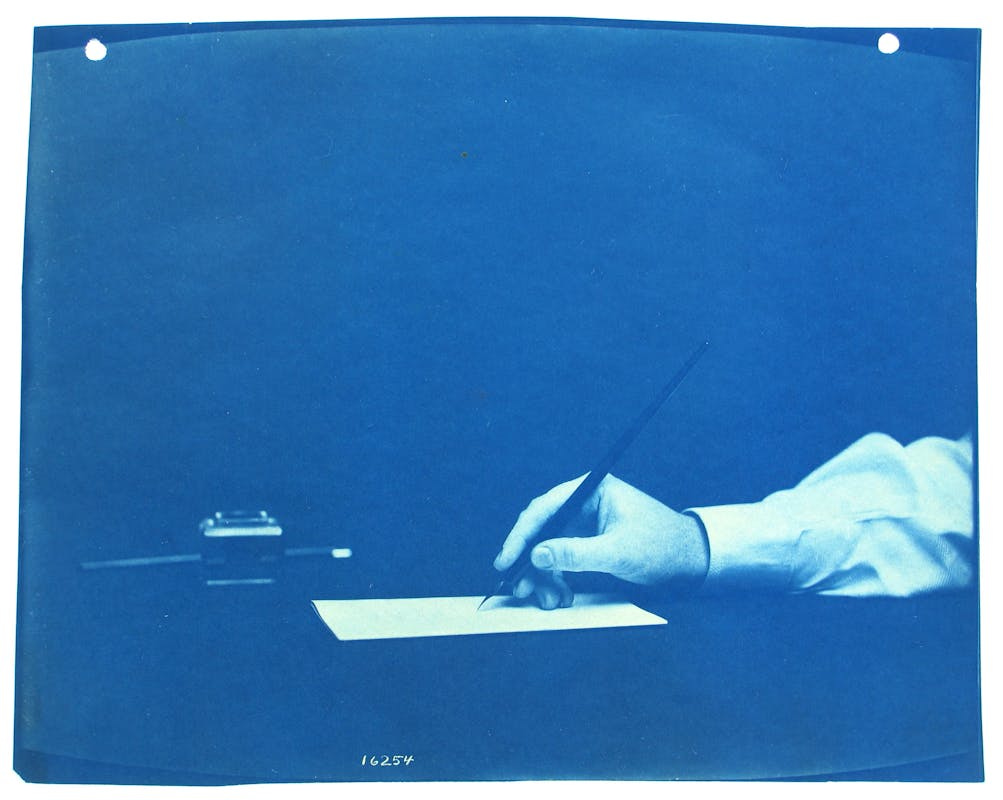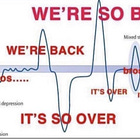You Don’t Need an Editor
But having one sure would be nice!

I must start with a confession: I’ve done it. I’ve opened an article online, read a few paragraphs, and thought to myself, “This one sure could’ve used an editor.” Or, “Did anyone even edit this?” It’s a smug little ritual I do while reading work that I otherwise find objectionable. Perhaps it’s a typo-ridden local newspaper story that credulously reports on a police officer being “poisoned” by fentanyl exposure. Or it’s a redux of the Moynihan Report that is only just readable enough to register as racist. My inner mean girl comes out. I smirk at the clumsy syntax. I count all the misspellings. I click the links cited as “evidence” and marvel at the extent to which the writer misinterpreted them. This is one of my worst tendencies: making petty snipes under the guise of righteousness, as if sneering at illiteracy is good so long as the targets deserve it.
This is all to say I’m not stating the following from any moral high ground: I’ve never read a harmless but awkwardly written piece on Substack and thought to myself, “This one sure could’ve used an editor,” even though that’s probably true. It just seems clear to me that most people writing On Here are doing so because they’re not writing for places with editors—at least not as often as they would like.1
Earlier this year, I was laid off from my job as a magazine editor, which I wrote about here. I know firsthand that some writers don’t believe their work would benefit from critical feedback. Like, sure, there are many Types of Guy out there (and they usually are guys). But I think most writers acknowledge that having an editor would make their writing better. They just don’t have the means or prestige to go that route. And so I have to wonder — when people say “writers need editors” on a platform designed for self-publishing, what exactly is their point?
I have a hunch that when people say writers need editors, their sentiment is more of a dunk on writers than an endorsement of editors. Having read what they consider “bad” writing, they don’t just think it’s bad; they deem it unfit for public consumption. They may, of course, be critical of edited writing, too. However, unedited writing is seen as deficient from the start. Given the material realities that shape a writing life today, it’s difficult for me to construe a more nuanced position from this line of commentary. The publishing industry has been in free fall since the early 2000s when the internet devastated the print advertising business. No amount of search engine optimization or pivoting to video has guaranteed job stability for media workers. Saying “writers need editors” at a time when there are so few editing jobs and freelance rates have remained stagnant for 25 years is very “Let them eat cake.”

For her Substack Famous and Beloved Newsletter, Clare draws a line in the sand between edited and unedited writing. She writes:
For the most part, no one reads anything I post here before it goes live, except me. As someone who is a writing instructor to college and grad students with a pseudo writing career in a different industry, I’ll tell you that that’s not writing. It’s posting.
Posting is a totally legitimate style, medium, or genre (whatever makes you happiest), but editing and collaboration are parts of actual writing, not steps you can skip.
In this piece, Clare makes a strong case for the value of constructive feedback. On this, I agree. There is no replacement for a second set of eyes on your writing. But writing in isolation is still writing. And sharing that writing publicly can spark a dialogue if you let it. I don’t object to anyone calling their own work whatever they want to call it. When I talk about my writing for this newsletter, I tend to refer to it as “blogging,” which more accurately describes my tone and approach. But it’s still “actual writing,” like Chicken of the Sea is still “actual food,” just worse. That being said, there are always exceptions. I’ve read essays on Substack (and back in the day, Blogspot) that rival prose in legacy magazines.
If “actual writing” is the exclusive provenance of people who have the opportunity to be edited, and unedited writing can be so easily dismissed out of hand, that necessitates a very narrow idea of who gets to be a writer. And maybe I’m a rube for saying this, but that just ain’t right. Reflecting on my own pettiness, a lot of the writing from traditional publications that I take issue with is not, in fact, edited by anyone. I know this because I once was that local newspaper reporter churning out unedited stories2 for $31,000 a year. That’s not to absolve inexperienced writers of any harm they cause. I’m just saying it’s writing all the way down.
“Writers need editors” is often taken to mean “don’t write if you’re not being edited.” If you follow that advice in this media environment, you’ll probably never write at all. You don’t need anyone’s permission, much less mine. Be that as it may, take it from an editor: you don’t need an editor (but having one sure would be nice!).
Read my last essay here:
Some writers have made enough money from Substack to hire editors, which is great.
The corporation that owned the two newspapers I worked at stretched their staffs very thin. Whenever there was time to have my work edited by editors or other reporters, my writing was so much better for it.




I wish I were making enough to hire an editor. I haven't had an editor for nearly 20 years and while I am pretty good at editing myself, I know some pieces would benefit from another set of eyes.